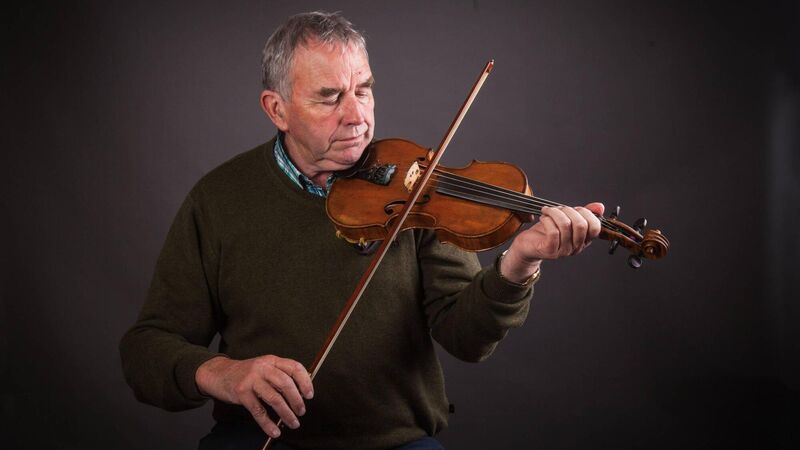B-Side the Leeside: Connie O'Connell - Bóithrín na Smaointe

Connie O'Connell.
“Composing tunes is one thing, but without a listening audience and a community of musicians to ‘adopt’ the tunes, the practice of composing is pointless,” admits Connie O’Connell.
Therein lies a dilemma faced by composers of music in the Irish traditional idiom: To be considered ‘traditional’, a tune must become embedded into the repertoire of other musicians, yet any attempt to ease it into the consciousness of peers by introducing a self-composed piece at a session risks breaking social taboos - the trad equivalent of blowing one’s own trumpet.







